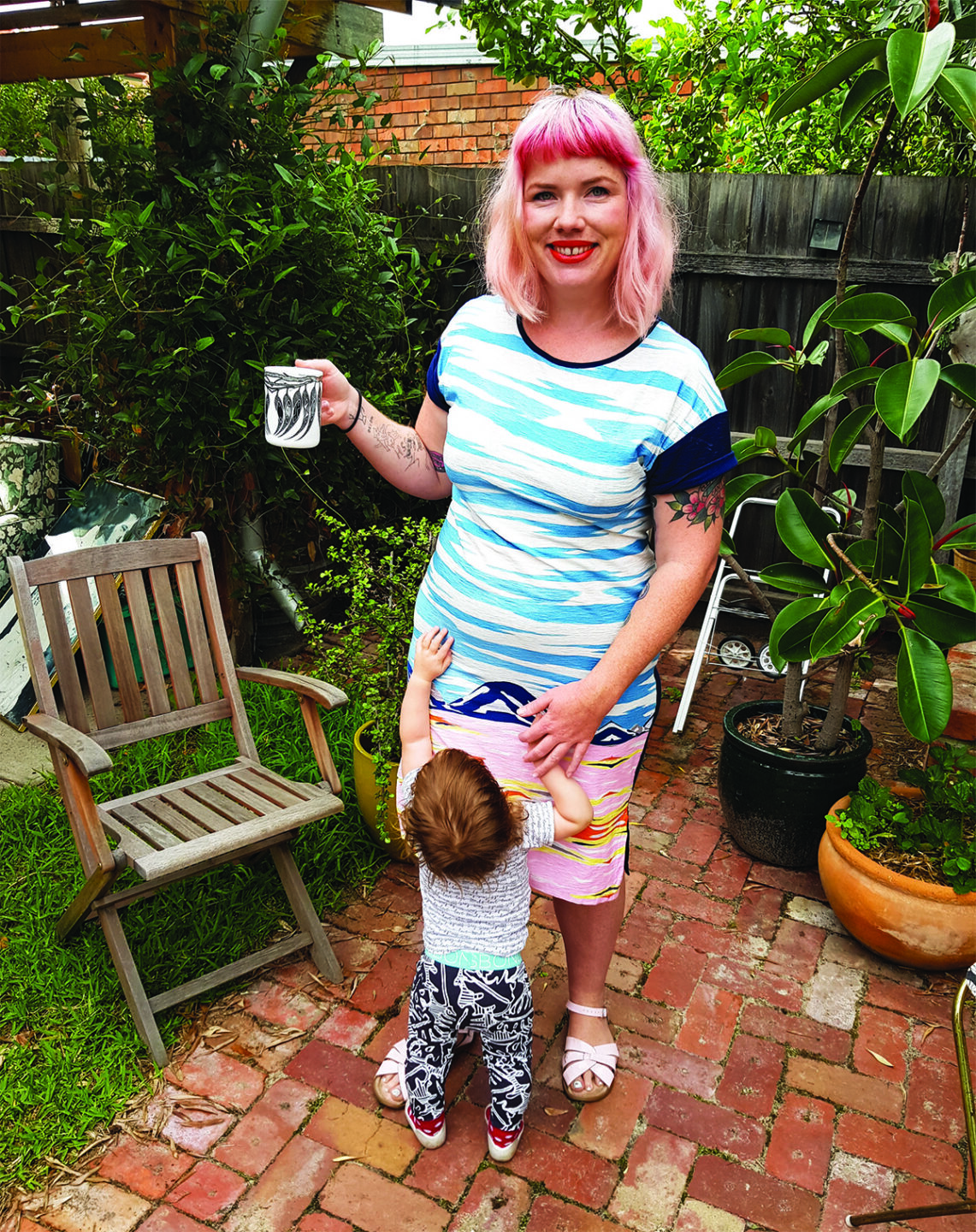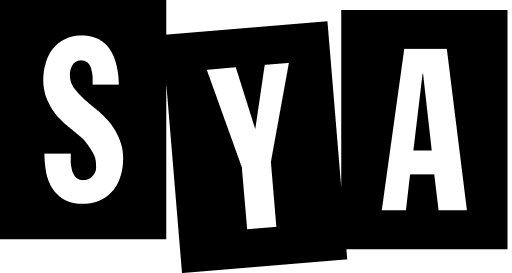
photo by Jesse Booher
On a bruising winter day in the middle of 2016, I bent over the frame of a hospital bed and roared a baby into the world. I had been in labor for 18 hours, nine of them under the blessed relief of an epidural. I would spend the next two days feeling uncomfortably winded, my throat ravaged from the primal screams that had ripped through me as my son found his way toward breath. Over the last two years, he has become the most important person to me in the entire world.
The author Elizabeth Stone once wrote, “Making the decision to have a child is momentous. It is to decide forever to have your heart go walking around outside your body,” and this has certainly been true for me. I would die for my son in an instant if I needed to. His suffering is my suffering, and I ache the more for it because I know I cannot prevent life from enacting its little cruelties against him.
You may think this a strange way to open a testimony for abortion, but you must understand one thing: my son, one of the great loves of my life, the person whose happiness determines the music that plays in my heart each day, my darling, would not be here today if it weren’t for abortion. His story of life is inextricably linked to the story of my own life, and that includes the two pregnancy terminations I had when I was in my 20s.
My first unwanted pregnancy happened as a result of contraception failure. I had been using Implanon, but didn’t like the effect it had on my body (namely, that contraception seemed futile because it killed any sex drive I had in the first place). My boyfriend at the time was about to go away for a month, so I booked an appointment to have it removed. We had sex the night before he left, and as he made his way to the airport the next day, I headed to the doctor’s office. It only took a few minutes to take the small plastic rod out of my arm. I watched as the doctor threw it in the bin.
I didn’t notice skipping my first period, but I noticed my second. I’d been feeling dizzy and vaguely nauseous for a few weeks, but I chalked it up to a lifestyle in which dinner was classified as a bottle of red wine, a bag of potato chips, and half a pack of cigarettes. Three home pregnancy tests later and it was official—I was fucked. My boyfriend had only been home for three or four weeks, so I assumed I was only that far along. Imagine my surprise when the doctor told me I was approaching the end of the first trimester! Turns out that sperm can live for up to three days inside you, and that removing a contraceptive rod makes you instantly fertile. Lucky me.
But actually, lucky me isn’t too far from the truth. As an Australian I have access to universal health care, which includes financially subsidized abortions. Our access laws vary state by state, but they still remain significantly less oppressive than many of those we hear about across the pond. I was raised in a pro-choice household. (In fact, it was my parents who took me to the doctor who not only confirmed my pregnancy but also wrote me a referral to the local hospital.) At ten weeks pregnant, I would be given a surgical abortion under a general anesthetic, paid for by Medicare.
My mother came to the appointment with me. I imagine it was something she wished her own mother had done for her on the two occasions she needed it. (Oh yes, so many of us have been there.) Later, after we’d arrived home, my father made me a cup of sweet tea and gave me a selection of bath products from the Body Shop. “For when you can use them,” he said. I sat outside nursing the hot liquid and, unshackled by the terror and burden of having unwanted cells rapidly duplicating inside me, I took a deep breath and examined my feelings.
Reader, I was relieved as fuck.
Despite the comprehensive support I’d had, the prospect of going through an abortion was still scary to me. Anti-choice rhetoric is fierce, and the pro-choice movement has ceded too much ground over the years in appealing to the view of abortion as a utilitarian moral choice. Until the launch of Shout Your Abortion arrived to challenge this rhetoric, it seemed like the only acceptable things to say about ending a pregnancy were self-flagellating rubbish like, “It was the hardest decision I’ve ever made,” and, “I think about it every day.”That might be true for some people, but the vast majority of people surveyed privately about their feelings exhibit the same response as me—sheer, blessed relief. I had approached my abortion knowing it was the only choice that made sense to me, but I assumed the aftermath would be characterized by shame, sadness, and regret. Yet they were nowhere to be found. Instead I felt strong. Powerful. In charge. And yes, fucking glad to have done it.
I felt the same way six months later when I chose to end another pregnancy. The choice this time had been slightly more complicated, because my mother had just been diagnosed with terminal cancer. I had always known she would make an excellent grandmother, and I told myself this was a chance to give her a sliver of that experience before she died. But perhaps the truth was less altruistic. I was afraid of losing the person I had known from the very first second of the very first moment of my consciousness, and I thought that having a baby of my own might be a way to counter the grief that was rising up to meet me. Now that I’ve been through childbirth and early motherhood, I’m glad I chose sense over emotion. A child is too big a responsibility and a trial to be used as a means of avoiding loss.
It’s rare to hear people talk about having multiple abortions. I suspect it happens far more often than people feel comfortable admitting, because we’ve all been conditioned to believe we should only talk about them if we show the appropriate amount of groveling remorse. One of the loudest criticisms of abortion is that we’ll all rush out to use the procedure like a form of contraception. Frustratingly, pro-choice advocates often make the mistake of responding to this as if it’s an accusation we must disprove. But here’s a radical idea—who cares if that’s how people use abortion?
Listen, we aren’t born with a single token that’s good for one abortion each until we’ve used it up and then too bad, you have to become a parent now! Abortion is a medical procedure that we use as part of reproductive health care. We are allowed to have as many of them as we like, and certainly as many of them as we need. It is nobody’s business but our own how many abortions we choose to have in our lifetimes, and the only people we are obliged to even discuss it with are the people who are trained to provide them.
But it is also okay to use abortion as a form of contraception because abortion is a form of contraception. It’s a form of contraception in that it prevents a pregnancy from going to term and resulting in a child. It doesn’t have to be the only form of contraception that a person uses, but it is a fundamental option available to those of us who can become pregnant. It is the contraception we use when others fail, and we are legally entitled to use it that way. Abortion isn’t something we have to prove we deserve by having the “right” kind of unwanted pregnancy. It’s something we are entitled to regardless of the circumstances of our pregnancy, because the provision of safe, legal, and affordable reproductive health care is a human right.
If you are reading this and you have had an abortion or plan to have one, I want you to know that you are loved. You are supported. You are respected. You do not have to define or justify your choice to anyone. You’re allowed to feel grief about it if that’s what you feel, but you’re also allowed to feel gratitude. You are allowed to feel elation. You are allowed to feel free. Your life is important too. Your story matters.
I look at my son every morning and marvel at the progress he’s making on his journey to becoming an aware human. His existence is arbitrary and random, one possible combination out of a million possible combinations. Yet the flimsy foundation of his beginning makes him all the more perfect to me. He is the child I was waiting for. Unlike the what-if existences that anti-choice zealots tell me I should offer penance for, he is here in all his beautiful, tangible reality—his possibility made even more so because of the choices I made all those years ago.
Abortion is part of his story as much as it is mine. Abortion is what made his life possible, but my life too. Abortion is a story worth telling, and I will tell it until the day that I die.
